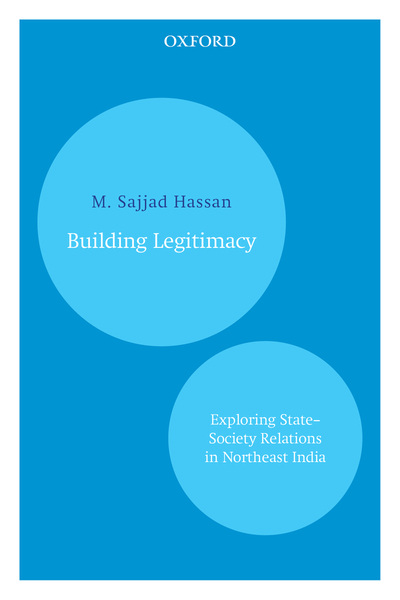This book compares two states in the Northeast with different socio-political trajectories—a relatively orderly Mizoram and a troubled Manipur—in order to understand the sources of political turmoil in the region. Taking the region as a case study, it examines the larger debates on success and failure in state-making. In discussing the divergent success of the two states in mitigating conflicts, Hassan demonstrates how in Mizoram the process of state-making helped consolidate public legitimacy and the authority of state leaders. He also shows how it strengthened the institutional capability of government agencies to provide services, manage group contestations, and avoid breakdown. At the same time, he illustrates how in Manipur, traditional centres of power—tribal and ethnic associations—gained in authority, compromising the legitimacy of the government and institutional capability of its agencies. The study highlights the important role, in the context of state breakdown, of the absence of an effective medium to regulate inter-group relationships and manage contestations over power, resources, opportunities, and identity. Rigorously comparative, it explains the sources of disorder in Northeast India by focusing on the nature of state–society relations in the region. While acknowledging the important role of history in structuring this failure of the state system in the region, it suggests ways in which the path dependence can be overcome.

Building Legitimacy
R436,62
| Authors | |
|---|---|
| Language | |
| Copyright | |
| Publisher | |
| ISBN | 9780199087914 |
| Number Of Pages | 0 |
| File Size | 3.31 mb |
| Format | EPUB |
| Published | 16-04-2008 |



